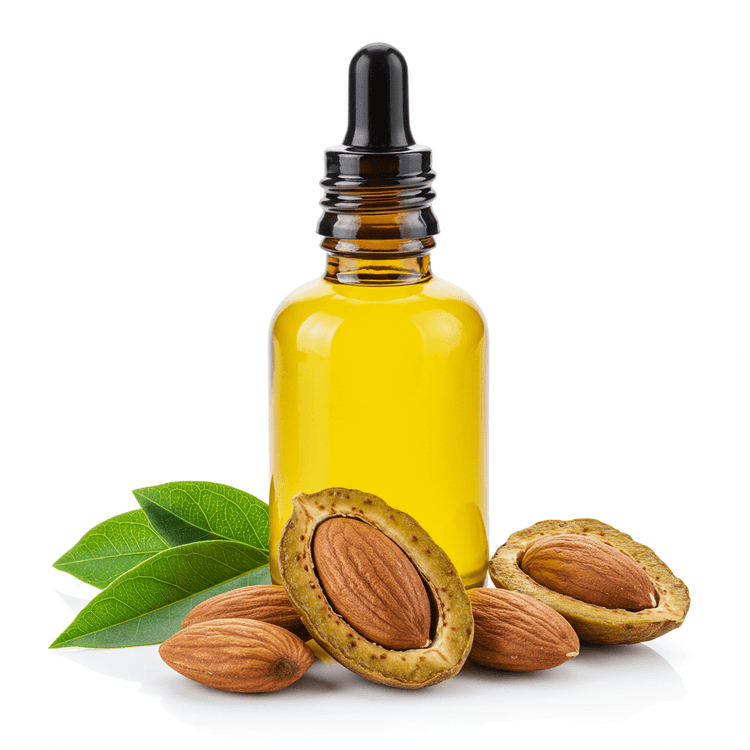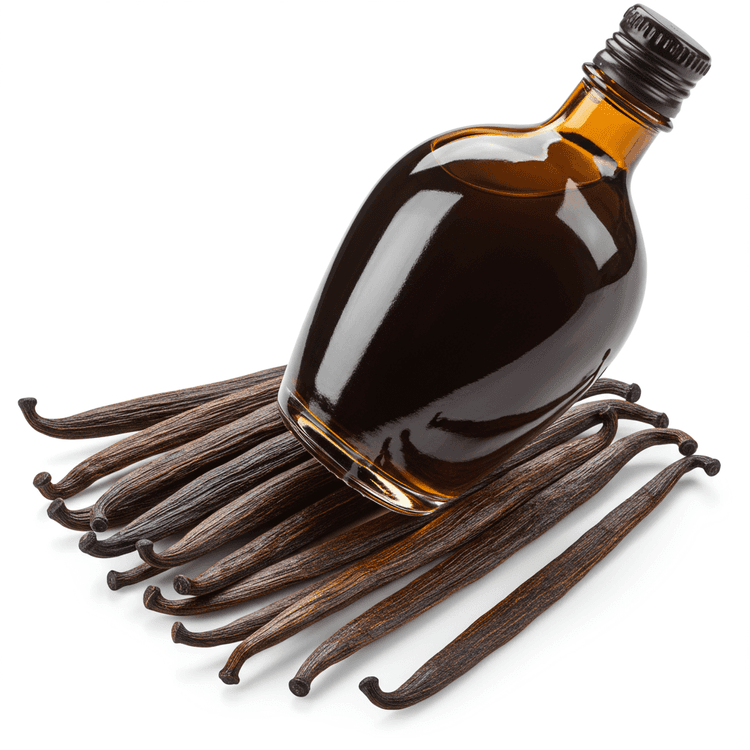
Bitter Almond Oil
Bitter almond oil, derived from bitter almonds, possesses an intensely strong, characteristic almond flavor and aroma. It is important to note that bitter almond oil naturally contains amygdalin, which can convert to cyanide, making it toxic in certain quantities. Food-grade bitter almond oil undergoes processing to remove this toxin, rendering it safe for culinary use. This processed oil is primarily used as a flavoring agent, imparting a concentrated almond essence to dishes. It should be used sparingly due to its potent flavor. Its texture is thin and oily, similar to other essential oils, and its appearance is typically clear or slightly yellowish.
Common Uses
- To add intense almond flavoring to baked goods such as cakes, cookies, and pastries, use only a few drops, adjusting to taste. - It can be used as a flavoring in marzipan and almond paste, enhancing the overall almond profile of these confections. - Flavoring ingredient for beverages, particularly almond-flavored liqueurs and some cocktails, but use in very small quantities. - Used in certain candies and desserts to provide a strong almond aroma and taste, often in combination with other almond products. - To make or flavor home-made extracts.
Nutrition (per serving)
Nutrition (per serving)
Calories
0.0kcal
Protein
0.0g
Carbs
0.0g
Sugars
0.0g
Healthy Fat
87.8g
Unhealthy Fat
7.0g
% Daily Value based on a 2000 calorie diet
Nutrition (per serving)
Calories
0.0kcal
Protein
0.0g
Carbs
0.0g
Sugars
0.0g
Healthy Fat
87.8g
Unhealthy Fat
7.0g
% Daily Value based on a 2000 calorie diet
Health Benefits
- Contains amygdalin, which converts to cyanide in the body; use with extreme caution and only under expert guidance.
- May have some historical use in traditional medicine practices when used in very diluted forms, but safety is a major concern.
- Some believe it may possess anti-inflammatory properties, but this is highly speculative and not well-supported by modern science.
- Has a strong, distinct aroma that some find pleasant, though this doesn't equate to a health benefit.
- Historically associated with some cosmetic applications, although safety concerns limit use.
Chefadora AI is here.
Experience smarter, stress-free cooking.
Storage Tips
Bitter almond oil should be stored in a tightly sealed, dark glass bottle in a cool, dark place to protect it from light and air, which can cause it to degrade and lose its aroma. Due to its potential toxicity, keep it out of reach of children and pets. Given the potential risks, consider whether you truly need to store this ingredient at all.
Marnirni-apinthi Building, Lot Fourteen,
North Terrace, Adelaide, South Australia, 5000
Australia




